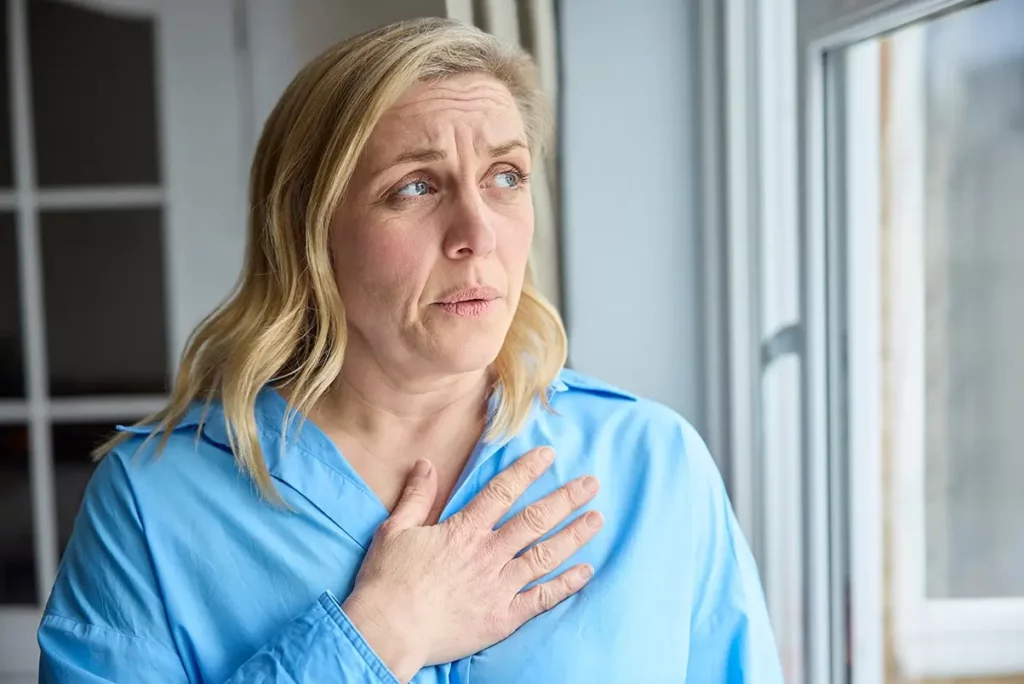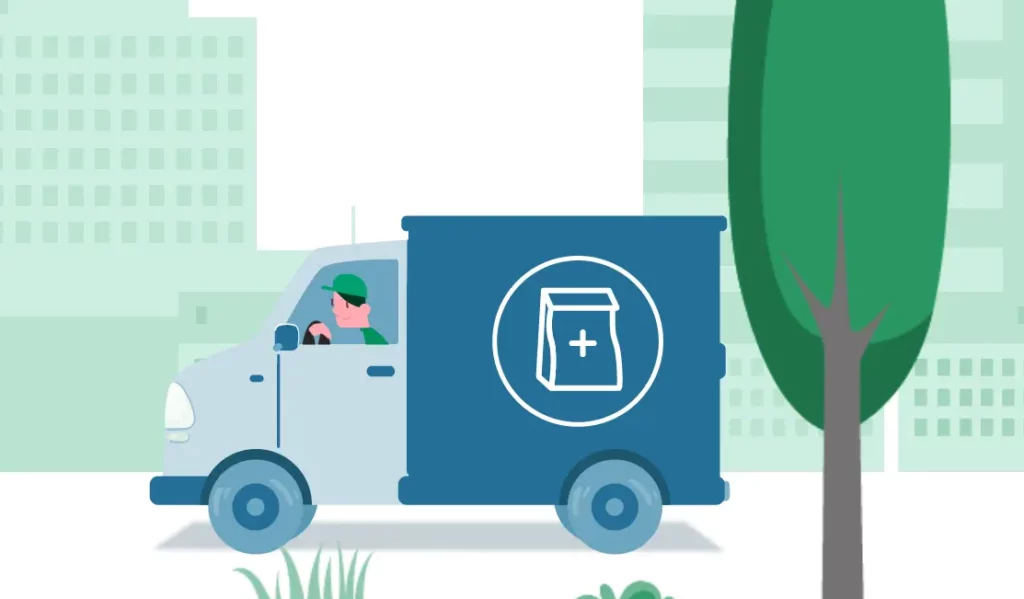Ever been hit by an intense wave of fear or anxiety out of the blue? That’s what a panic attack feels like. Surprisingly, they’re quite common, affecting about 2-3% of adults in the UK each year. They often start showing up in late teens or early adulthood.
Recognising the signs of a panic attack is crucial. They’re not dangerous, but they can really disrupt your day. Knowing what to look for helps you get the right support and avoid mistaking them for something more serious. Plus, understanding them better means you can learn how to deal with them when they happen.
What is a panic attack?
When a panic attack hits, it can feel like your body and mind are in chaos. Here’s a detailed breakdown of what you might experience:
Physical Symptoms:
- Racing heart: Your heart might feel like it’s about to burst out of your chest.
- Shortness of breath: It might feel hard to catch your breath, like you’re suffocating.
- Chest discomfort: You might feel tightness or pain in your chest, like a heavy weight pressing down.
- Dizziness: You could feel dizzy or faint, like everything’s spinning.
Emotional Symptoms:
- Intense fear: You might feel like something terrible is about to happen, even though you can’t pinpoint what.
- Feeling detached: You might feel disconnected from reality, like you’re watching yourself from afar.
- Fear of losing control: You might worry that you’re going crazy or that you’ll do something out of control.
- Fear of dying: It’s common to feel like you’re having a heart attack or that you’re going to die.
Other Symptoms:
- Nausea: Your stomach might feel queasy or upset.
- Tingling sensations: Some people feel tingling or numbness in their fingers or toes.
- Sweating or chills: You might suddenly feel hot or cold, even if the room temperature hasn’t changed.
These symptoms vary from person to person and can change with each attack. Recognising them can help you understand when you’re having a panic attack and what steps to take next.
Add Your Heading Text Here
What causes panic attacks?
Causes of panic attacks include stress, genetics, and changes in brain function. Hormonal factors and traumatic events can also trigger them.
How can I stop a panic attack?
To stop a panic attack, try deep breathing, focus on the present moment, and practice relaxation techniques like mindfulness or progressive muscle relaxation.
Are panic attacks dangerous?
Panic attacks themselves are not dangerous, but they can be distressing. However, they can sometimes mimic symptoms of more serious medical conditions, so it’s essential to consult a healthcare professional for proper diagnosis and treatment.


